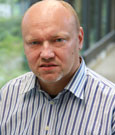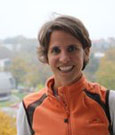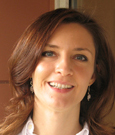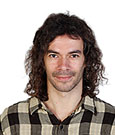
Jyoti Choudhary
The Institute of Cancer Research
UK
EMBO Practical Course
This course will provide both theoretical and practical training in the use of quantitative proteomics approaches. Participants will learn the principles of current methodologies including SILAC and TMT as well as targeted proteomics, and they will be trained in the use of bioinformatic tools for data analysis.
This course is aimed at researchers who know the basics of proteomics and who want to get a deeper understanding of quantitative methodologies, and at those who are familiar with wet-lab proteomic experimentation but want to gain experience in bioinformatic data interpretation. To enter the course a basic understanding of mass spectrometry-based proteomics is beneficial.

The Institute of Cancer Research
UK

Max Planck Institute for Biochemistry
Germany

EMBL Heidelberg
Germany

Thermo Fisher Scientific
Germany

Northwestern University
USA

DKFZ
Germany

EMBL Heidelberg
Germany

University of Cambridge
UK

FMP
Germany

Technical University Munich
Germany

Ghent University
Belgium

University of Oxford
UK

ETH Zürich
Switzerland

ETH Zürich
Switzerland

EMBL Heidelberg
Germany

EMBL Heidelberg
Germany

Ghent University
Belgium

DKFZ
Germany

ETH Zürich
Switzerland

EMBL Heidelberg
Germany

EMBL Heidelberg
Germany
Date: 4 - 10 May 2019
Location: EMBL Heidelberg